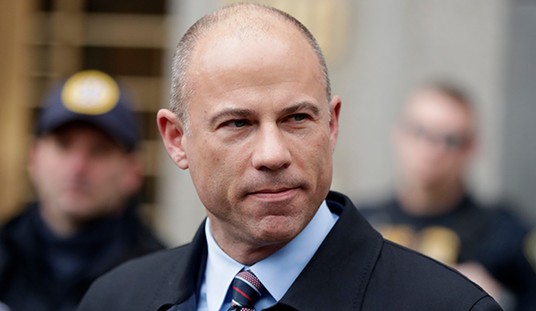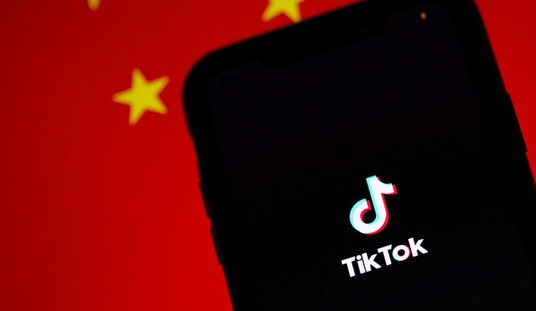Less than a week ago, many people writing about trade issues were predicting that it was US farmers who were going to be hurt by the Trump Administration imposing tariffs on a small number of Chinese products.
China was the United States’ largest buyer last year, gobbling up $12.3 billion worth of soybeans, according to the Department of Agriculture. But China is planning to make US farmers pay a 25% tariff to sell beans in the country in retaliation for President Trump’s proposed tariffs on Chinese goods.
Chinese tariffs would hit farm states and more than 300,000 soybean jobs. Illinois, Iowa, Minnesota, Indiana and Nebraska were the largest soybean producers in 2016, according to the Agriculture Department.
“For those farmers that are operating on thin lines of profit and credit and are already financially unstable, it easily has the ability to be the straw that breaks the camel’s back,” said Brent Bible, who grows soybeans and corn on 5,000 acres in Lafayette, Indiana. Bible is also a member of Farmers for Free Trade, a group that opposes Trump’s tariffs.
China has “the ability to be stubborn for a lot longer than we can remain solvent,” he said.
This story has a couple of huge holes in it. First and foremost, the farmers don’t necessarily “pay a tariff.” Just like businesses pay taxes by passing them on to the consumer, tariffs work the same way. Note how the conversation is framed. If we raise tariffs on Chinese goods, then American consumers pay more (true) but if the Chinese raise tariffs, then American producers pay (not all that truthy). The impact will only be noticeable if the tariff results in a reduction in demand for US soybeans. The second point is that the story is only true in an economic system where there is exactly one market for your product. With soybeans, which is about as basic an agricultural product as you will find, this is not the case.
Escalating tensions between the United States and China have triggered a flurry of U.S. soybean purchases by European buyers, in one of the first signs that trade tariff threats lobbed between the world’s top two economies are disrupting global commodity trade flows.
News of the sales, confirmed by the U.S. Department of Agriculture on Friday, helped to underpin benchmark Chicago Board of Trade soybean prices <0#S:> after U.S. President Donald Trump threatened to slap tariffs on an additional $100 billion of Chinese goods.
…
The United States is the second-largest soybean exporter in the world after Brazil. China is by far the top buyer, importing about two-thirds of all soybeans traded globally.The big U.S. soybean sales come at a time when U.S. shipments are traditionally costlier than newly harvested soybeans shipped from Brazil, the world’s biggest exporter.
But accelerated buying of Brazilian beans by Chinese importers, weary of potentially paying steep tariffs on U.S. purchases, has sent Brazilian export premiums to historic highs.
Near-term soybean shipments from Brazil peaked near 200 cents above CBOT May soybean futures SK8 before pulling back to around 170 cents over by the end of the week, traders said. U.S. Gulf Coast shipments, by comparison, were only around 90 cents a bushel above futures.
“The Brazilian beans are likely going to go to China in the short run and the U.S. beans are available. With what’s happened to the price spreads, U.S. beans are sort of on sale for these buyers,” said Jim Sutter, CEO of the U.S. Soybean Export Council.
Some of the sales announced by USDA on Friday were initially booked as Brazilian shipments, but were switched to cheaper U.S. beans when Brazil’s prices spiked, traders said.
Now that Brazilian soybeans have been bid up until they are more expensive than US soybeans, what do you think is going to happen to the price of US soybeans? Amazing how markets work, isn’t it.
I’m not a fan of trade wars, but neither am I a fan of American economic interests and the interests of American workers being sacrificed to the fetish of free trade when you’ve disarmed and the other guy is still using tariffs and subsidies. As Marco Rubio, rightly, says, Chinese trade policy towards the United States has been one-sided:
This is the kind of absurd analysis that results when you have decided to be against whatever Trump administration is for. It puts virtually all blame for trade conflicts on @Potus instead of years of #China trade growth built on theft & rule breaking. https://t.co/e2uYekS04K
— Marco Rubio (@marcorubio) April 9, 2018













Join the conversation as a VIP Member